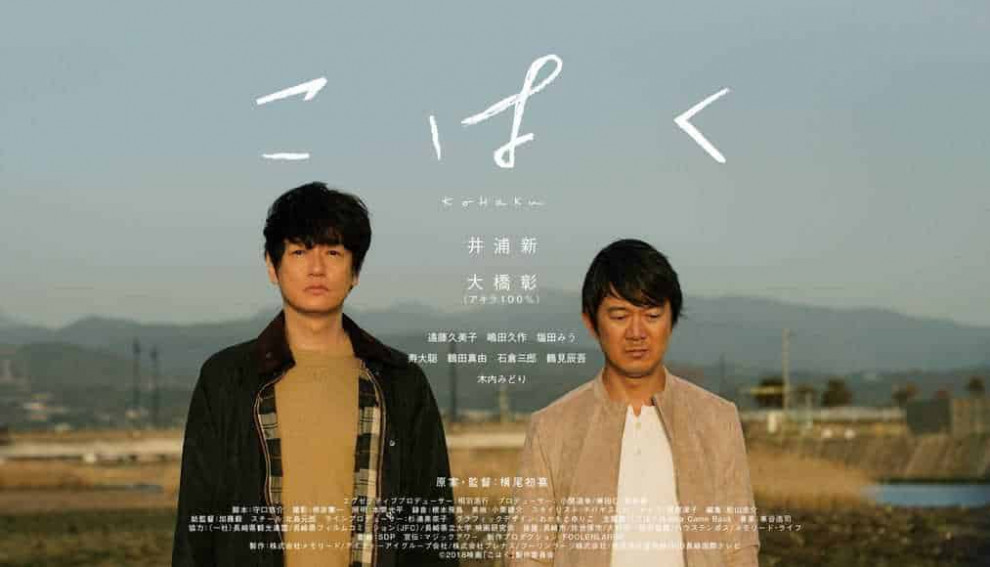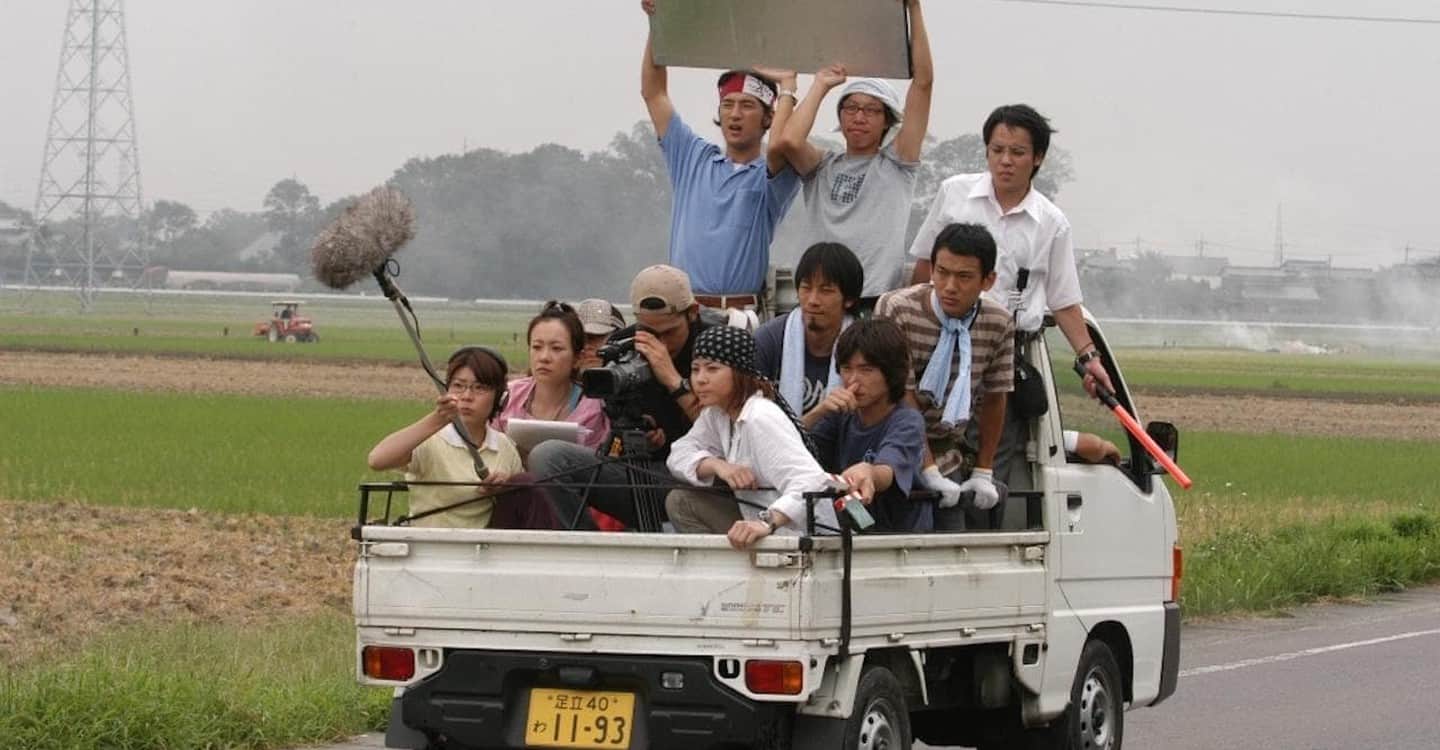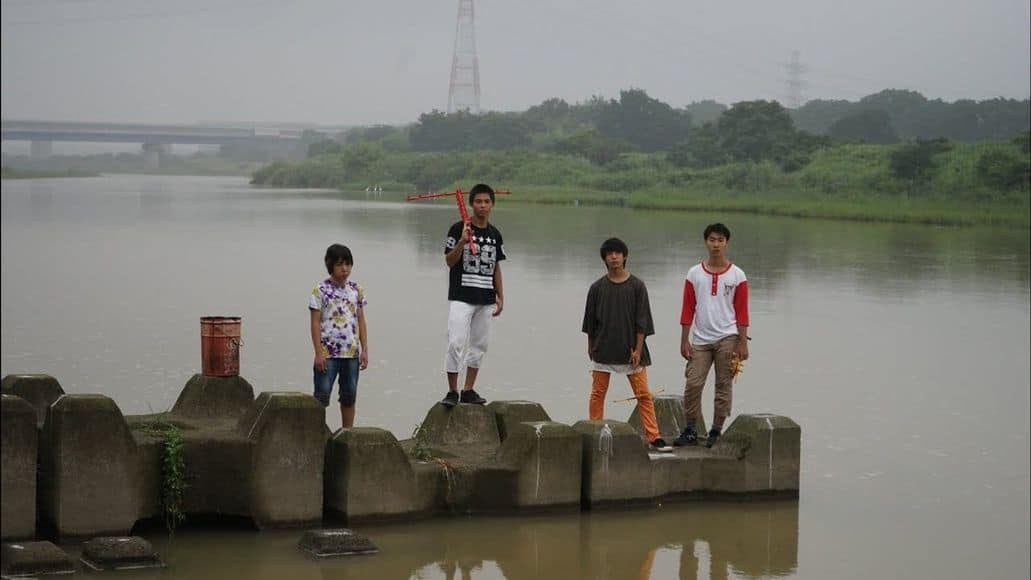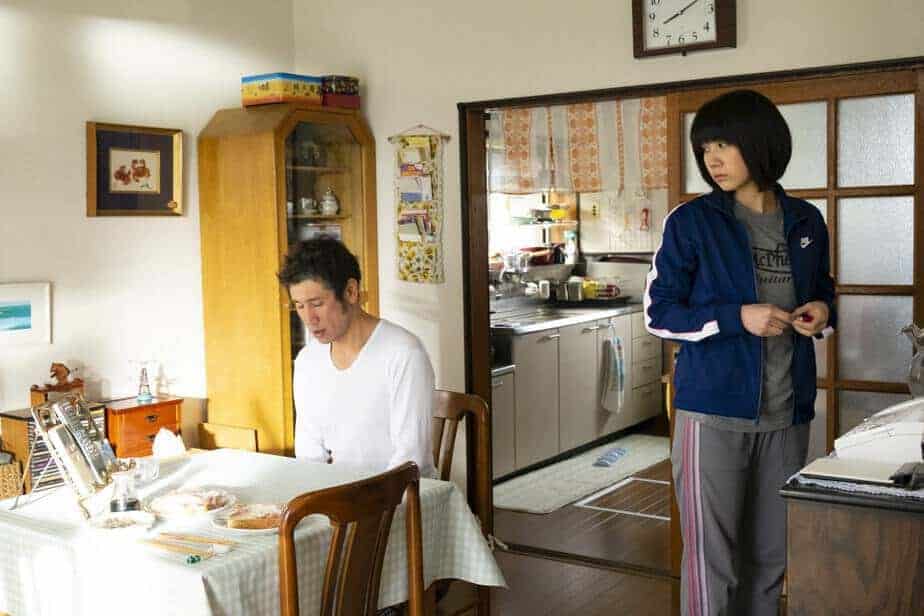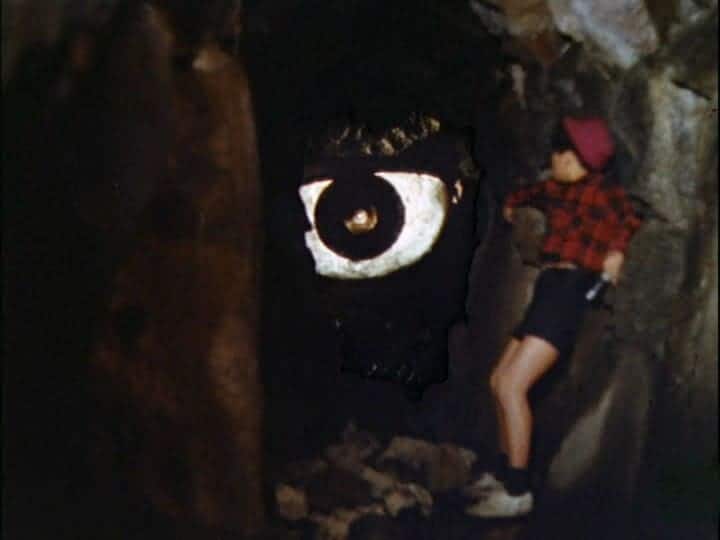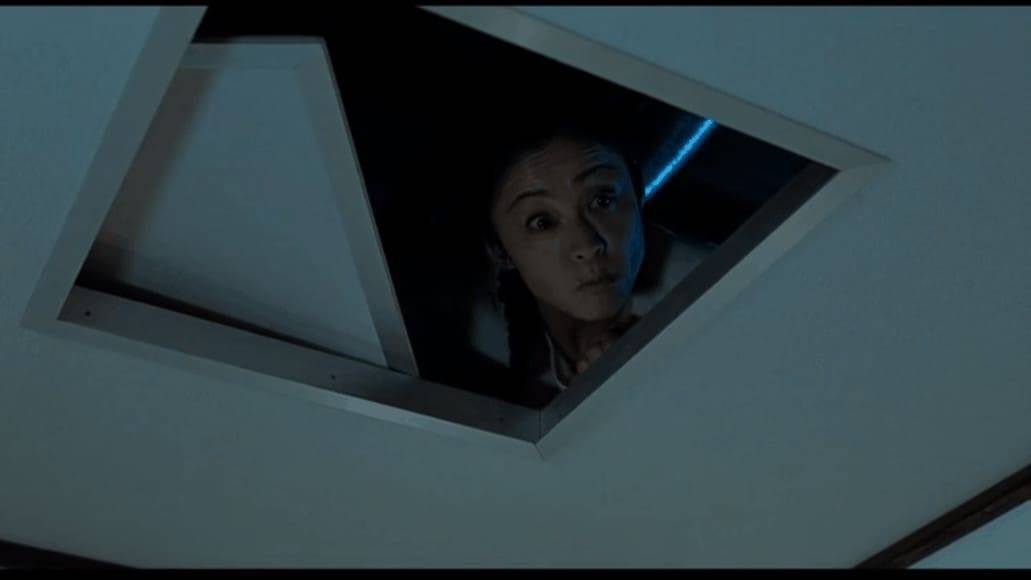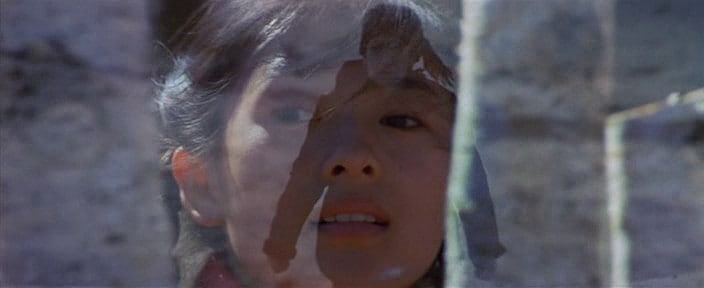As I have mentioned many times before, the family drama is the predominant genre in the (indie) Japanese movie industry, with tons of films of the category being produced every year. Hatsuki Yokoo makes his own effort with a multi-leveled drama filled with social commentary that also functions as a road movie. Let us see how he fared.
Amber Light is screening at Japan Film Fest Hamburg

The main character of the story is Ryota Hironaga. As a child, Ryota and his older brother had to watch their parents' divorce and their father disappearing forever from their lives, leaving a struggling glass factory in Nagasaki behind. Now, at his 35, Ryota manages the factory successfully, but has already a divorce on him, where he actually acted just like his father, completely disappearing from the lives of his ex-wife and his two kids. His present wife, Yurie, is pregnant, and Ryota is set on acting as a proper husband and father this time. However, when his habitually lying brother Shoichi returns to their hometown, insisting on having seen their father on the street, Ryota, reluctantly, agrees to go search with him, in a trip that also aims at finding himself.
Hatsuki Yokoo directs a slow burning film that combines the family drama with the road movie artfully, in an effort to make a number of social comments. The consequences of single-parenthood and particularly the lack of a father figure for boys is the main one, along with the “eternal” question of if we are to become just like our parents. Both these comments are depicted through the two brothers. The consequences are mirrored on Shoichi, who has become a lying, womanizing “loser”, while the question is answered by Ryota, who eventually acted exactly as his father had. On the other hand, their search for their father also shows that both brothers are eager to find out why they have become like that, and subsequently, to better themselves; Shoichi professionally, and Ryota as a father and husband. Through this approach, and despite the overall dramatic essence of the film, Yokoo ends the story with a hopeful note about human nature, that people can rise above both their “fate” and their “nature” if they just want to. The finale embodies this element in the best fashion.
While the character of the mother, and in general, most of the characters around the two brothers provide sources of drama, Yokoo has not neglected to include a number of comedic episodes in the film, particularly deriving from the way Shoichi conducts himself and the way Ryota reacts. This tactic, which provides a much-needed relief from the permeating drama, finds its apogee in the Yakuza episode.
The narrative of the film depends largely on the two protagonists, and Arata Iura as the serious, dependable but traumatized Ryota, and Akira Ohashi as the almost exact opposite (apart from the traumatized aspect that is) Shoichi give great performances, highlighting both their differences and their similarities as characters, but most of all, their chemistry.

Kenichi Negishi's cinematography focuses on the realistic depiction of the various settings, without neglecting, though, to highlight the beauties of the seaside locations, in a tactic that finds its apogee in the sequence with the little brothers by the sea. The editing keeps the film flowing in a slow pace, which fits the general aesthetics nicely, while the flashbacks are well placed.
In general, I would say that “Amber Light” does not do anything spectacular in order to stand out from the plethora of similar movies, but it is well directed, scripted and acted, and definitely deserves a watch.


